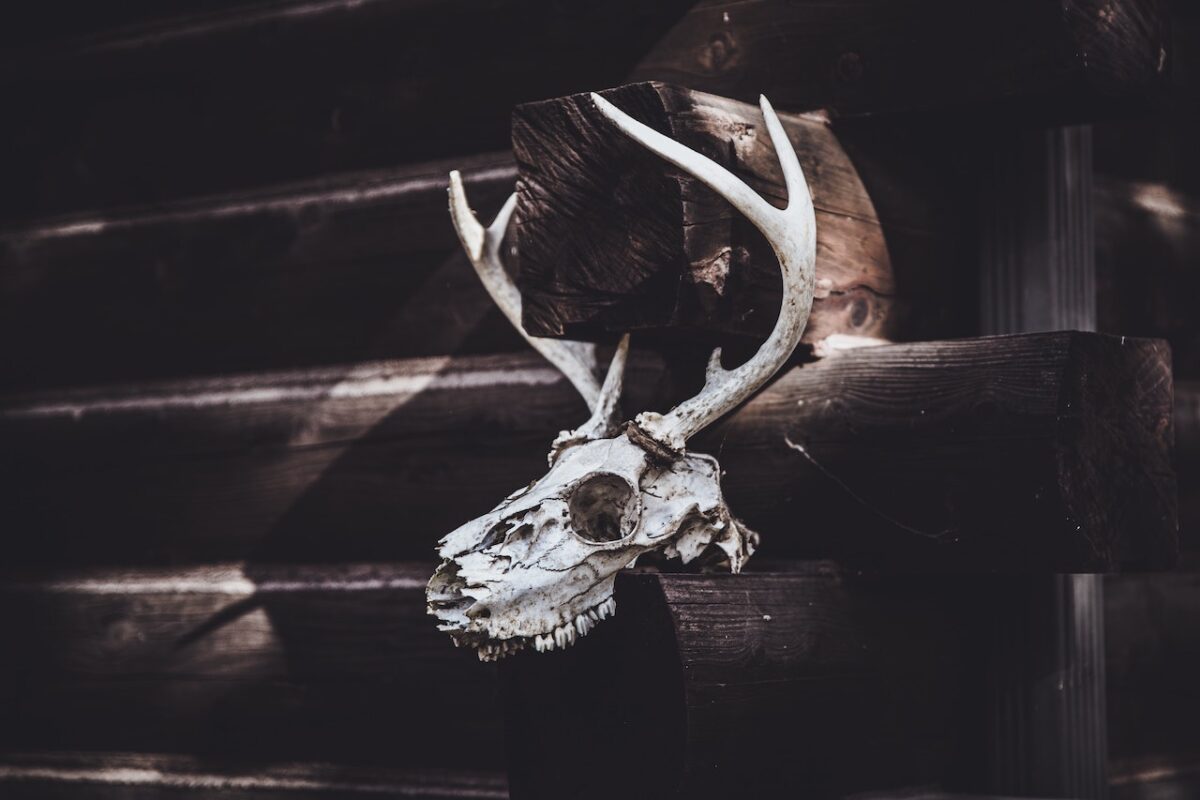It’s 2023 and deer camps are a dying tradition. As Patrick Durkin points out in his article, declining numbers of deer hunters, as well as decreasing availability of hunting land are the culprits slowly killing the deer camp. But I harbor the theory that the deer camp is also dying, at least in part, because not enough deer hunters are willing to write it on the calendar and flat out refuse to do anything else, which includes go to a fall wedding (an abhorrent thing), or a college football game, or worse, take the kid to play travel baseball in the fall of the year of all seasons. We all need to take a lesson from William Faulkner. When the rut hit Mississippi, Faulkner wouldn’t skip deer camp, even for the Nobel Prize. For more on Faulkner’s love of hunting, check out this The Sporting Journal article written by the great Ron Rash.
There’s a little-known caveat to the Nobel Prize – you must be present to win; meaning you must show up at Nobel Day, which takes place on Alfred Nobel’s birthday, December 10th, every year. If you’re not there, they aren’t mailing you the award. That rule could cause someone to miss out on receiving the award they deserve simply because they are unable to get to Sweden. It could also result in a candidate declining the award because December 10th is dangerously close to the Mississippi rut.
In 1950, after William Faulkner had already written his best works, like Go Down, Moses (with one theme being the collapse of the wilderness), The Sound and the Fury, and Absalom, Absalom!, Faulkner received the call from Sweden that he had been awarded the Nobel Prize for literature. The author from rural Mississippi who had latched onto writing early in life and never let go had finally been awarded the highest honor that a writer could receive. There was just one problem – the award ceremony interfered with Faulkner’s deer camp. He flat-out refused to go.
According to Rash, Faulkner wrote a letter to the Nobel committee expressing his regrets that he couldn’t receive the award and left for the Big Woods, the place that had inspired his best short story, The Bear. He ended up being forced into a change of mind, though – but only because high-ups in Mississippi state government convinced Faulkner that he owed it to the state of Mississippi and all its authors who had never received proper recognition. So, Faulkner compromised as best he could. He spent 10 days in deer camp, including a celebratory meal of his favorite, raccoon and collard greens, and then headed to Sweden.
Faulkner made it in time for Nobel Day and delivered an incredible Nobel acceptance speech that everyone should read and then reread. In the end, Faulkner wouldn’t skip deer camp, but he also avoided public backlash by making the trip to accept the award. So maybe the takeaway from this story is that you can cut out of camp early if you’ve put in a solid 10 days of hunting and have your state’s government begging you to go collect the highest prize in the land for your profession. Maybe.
